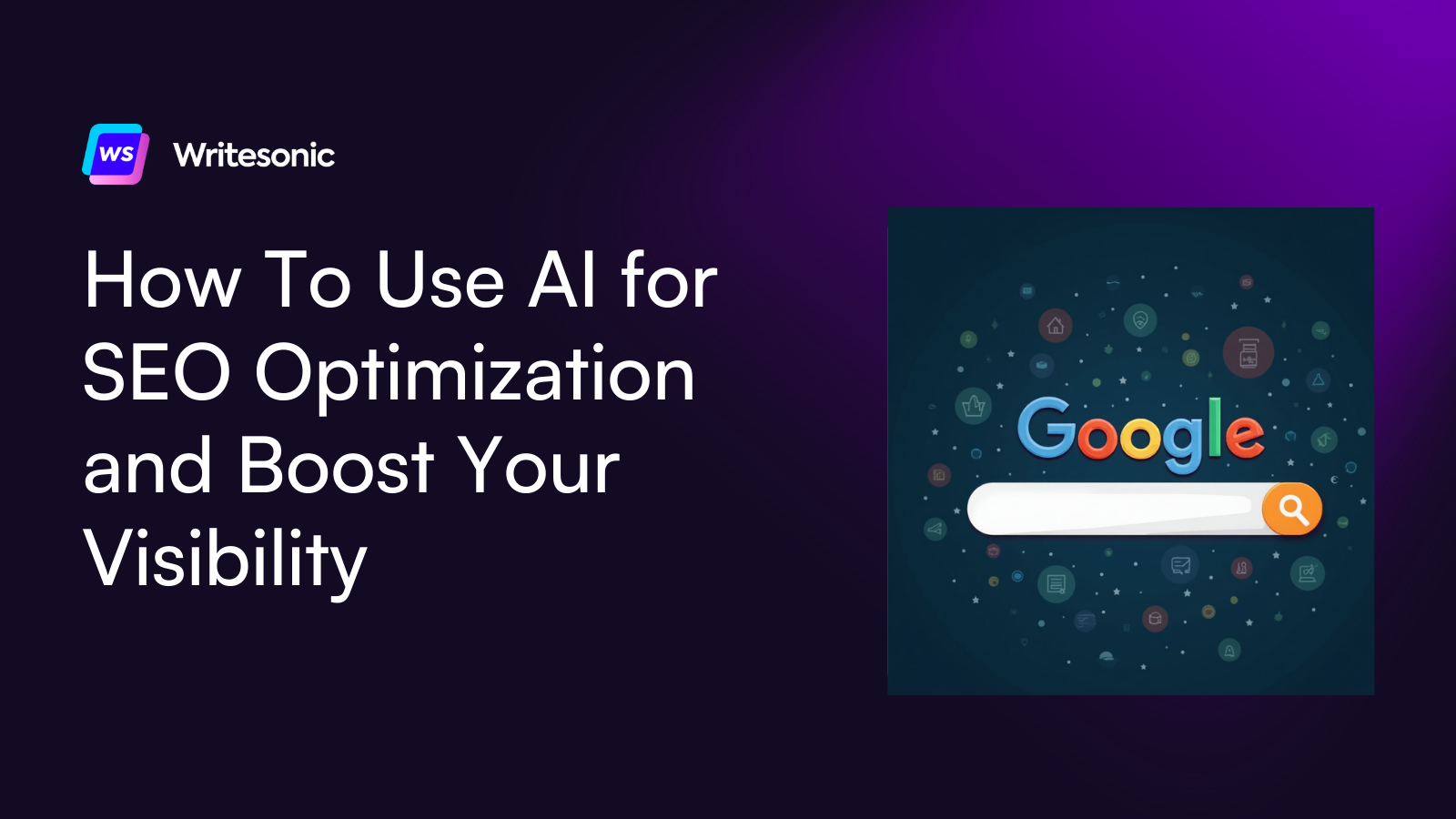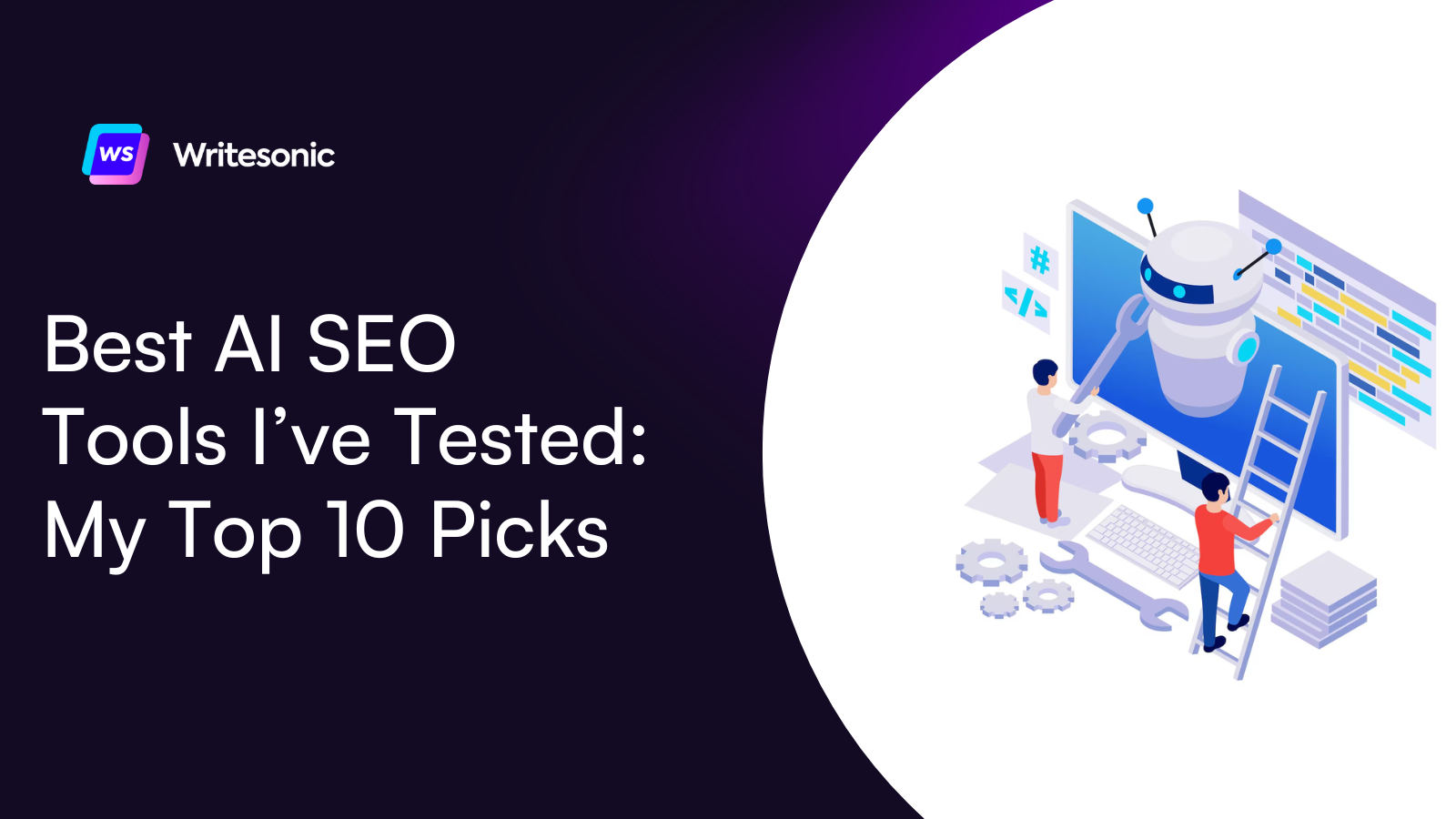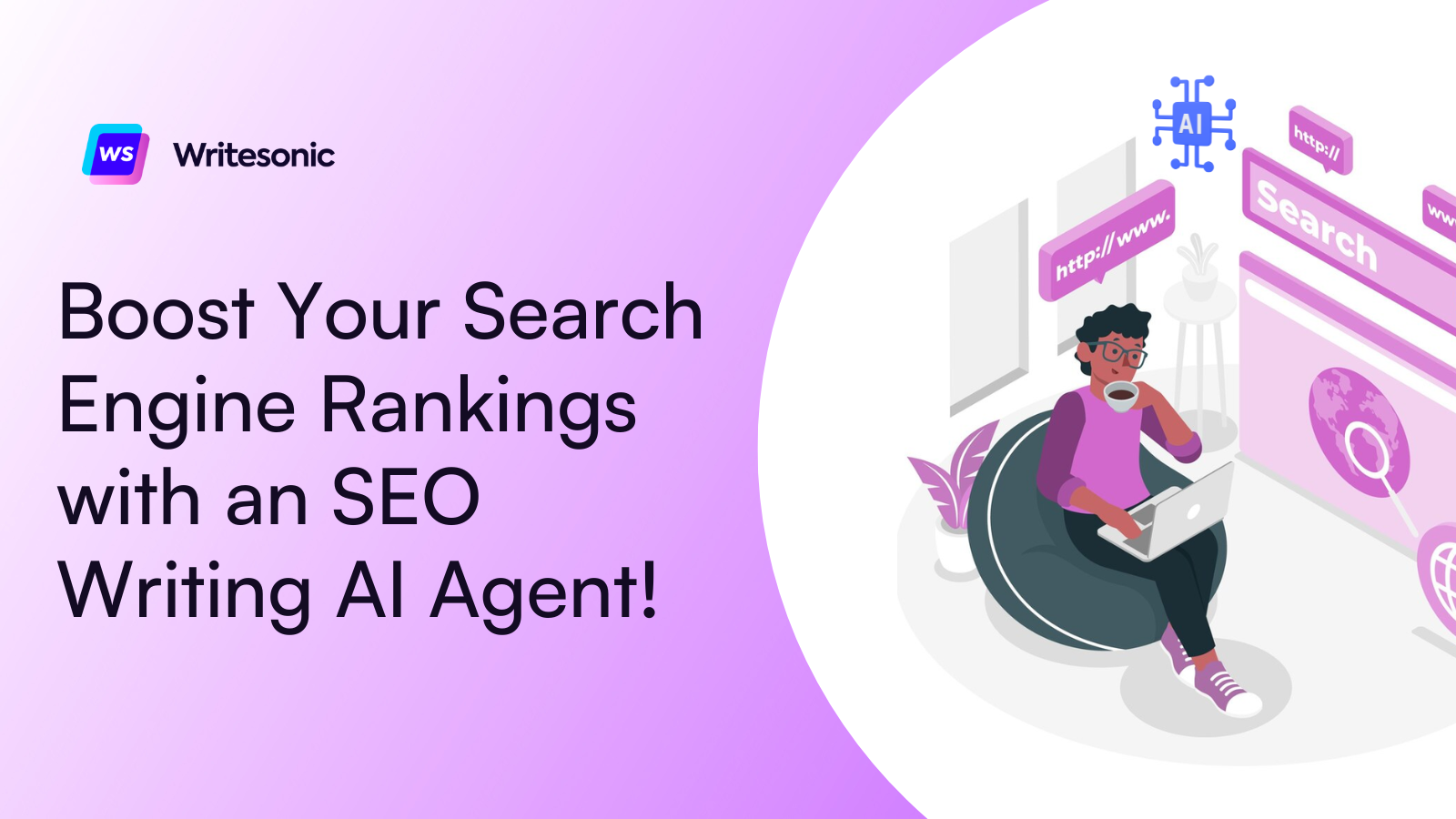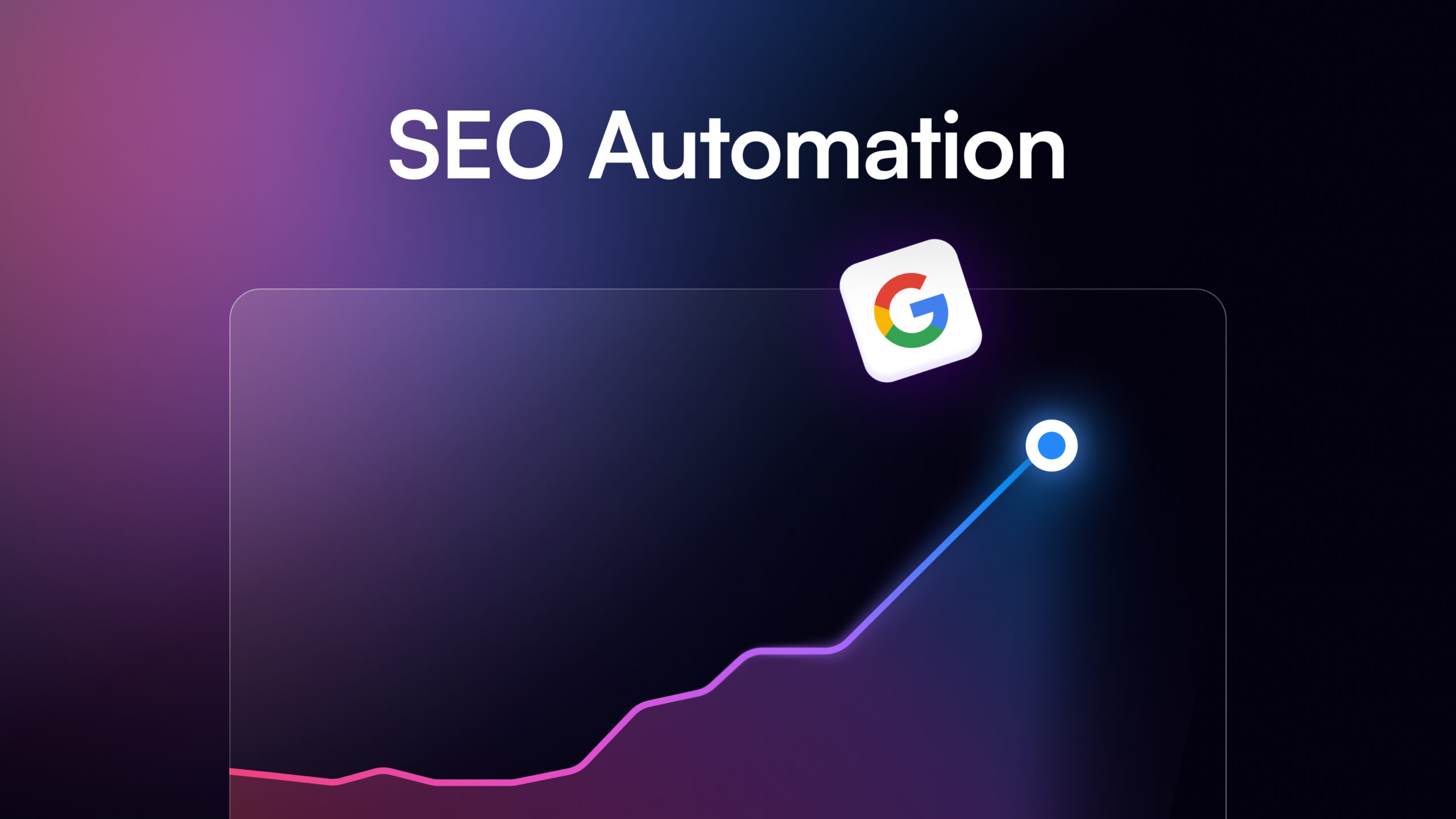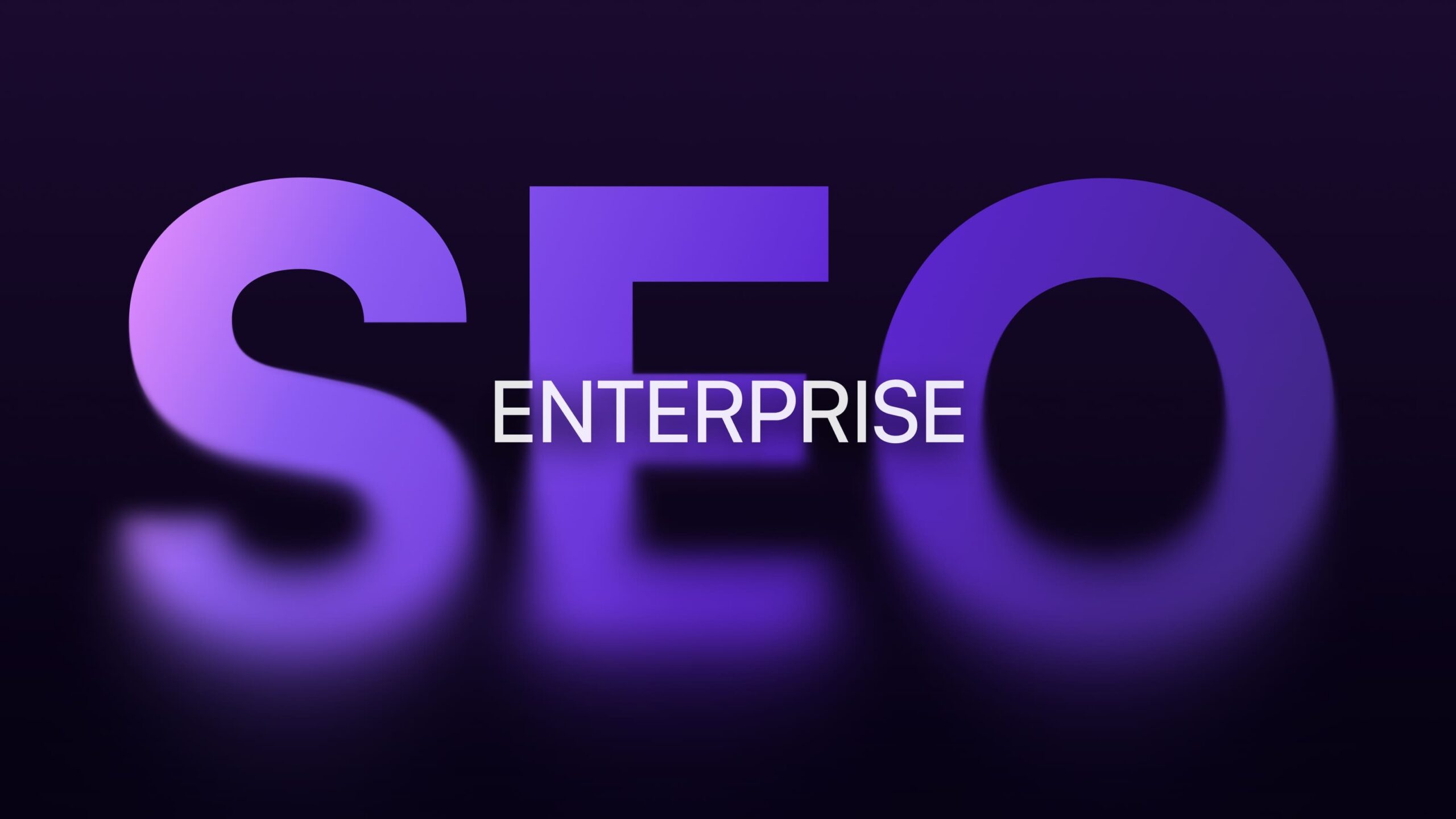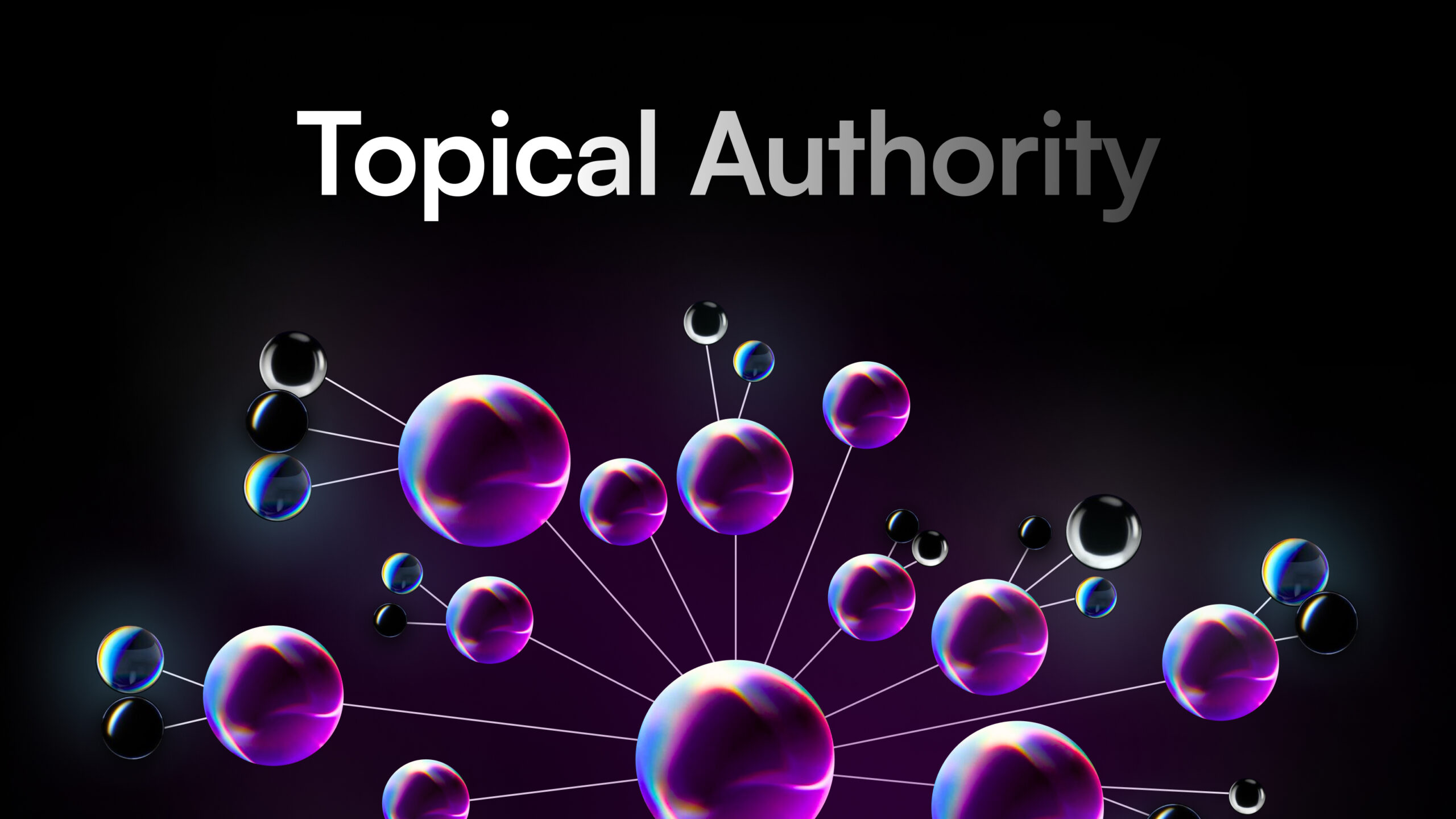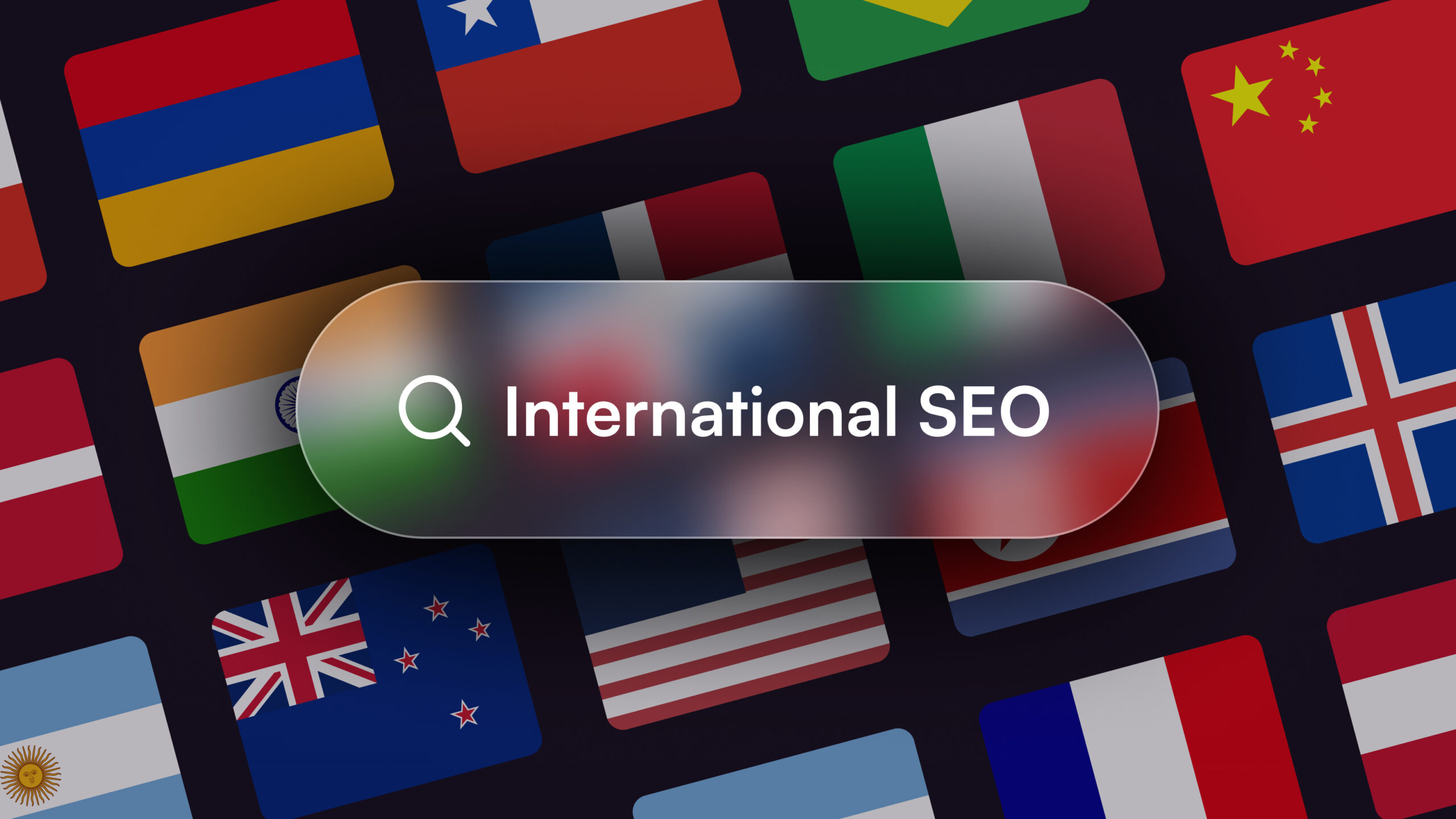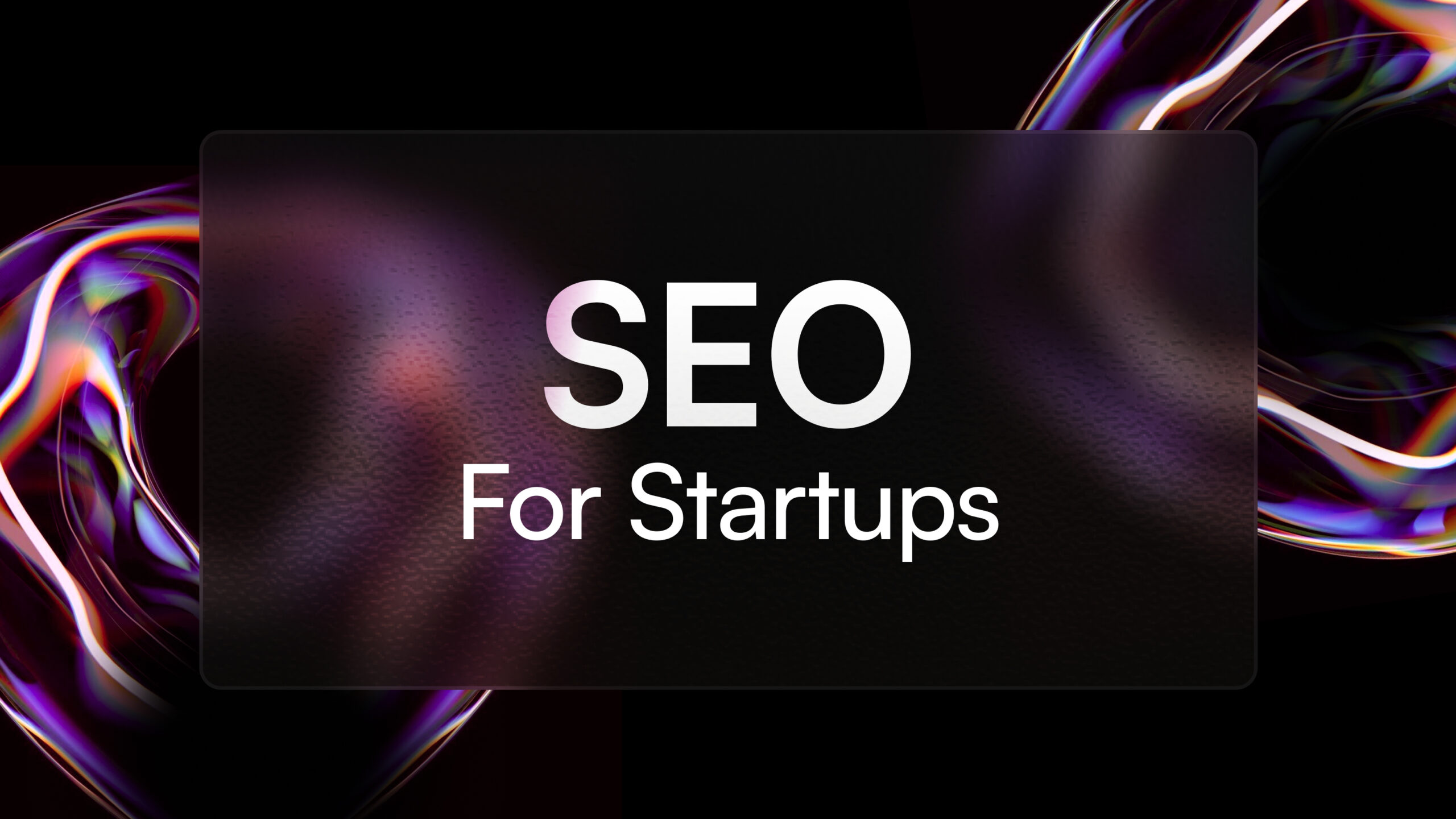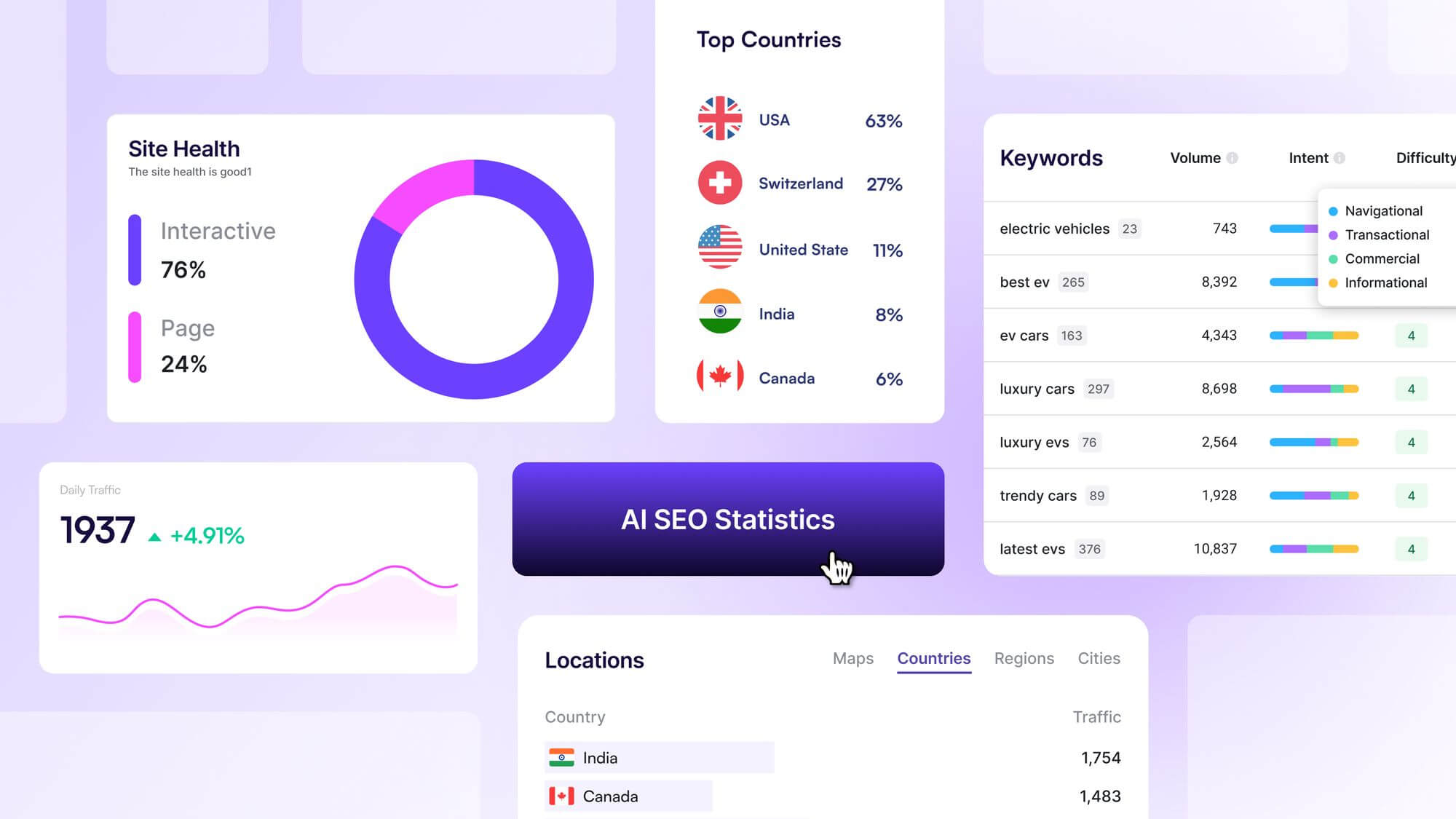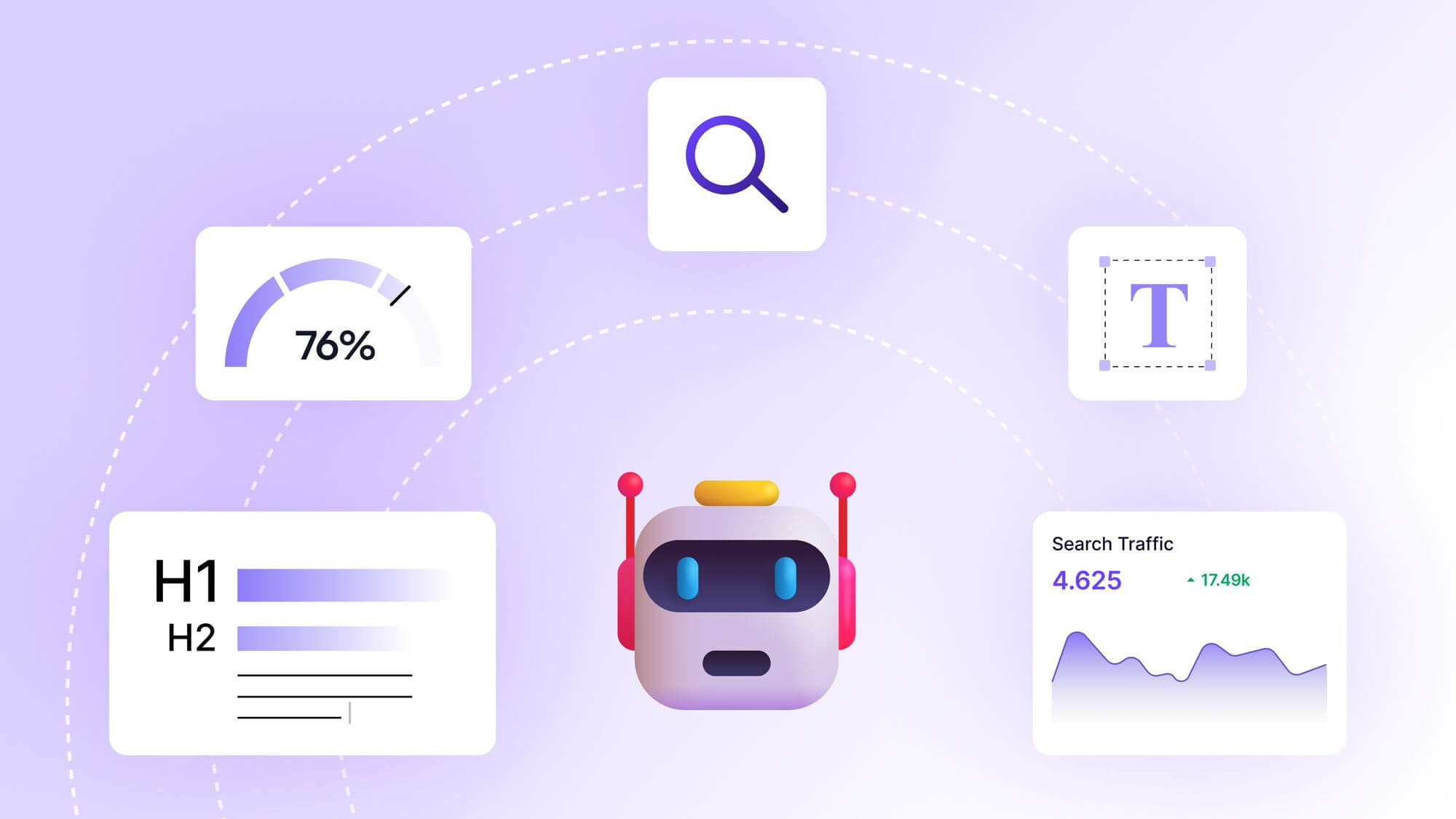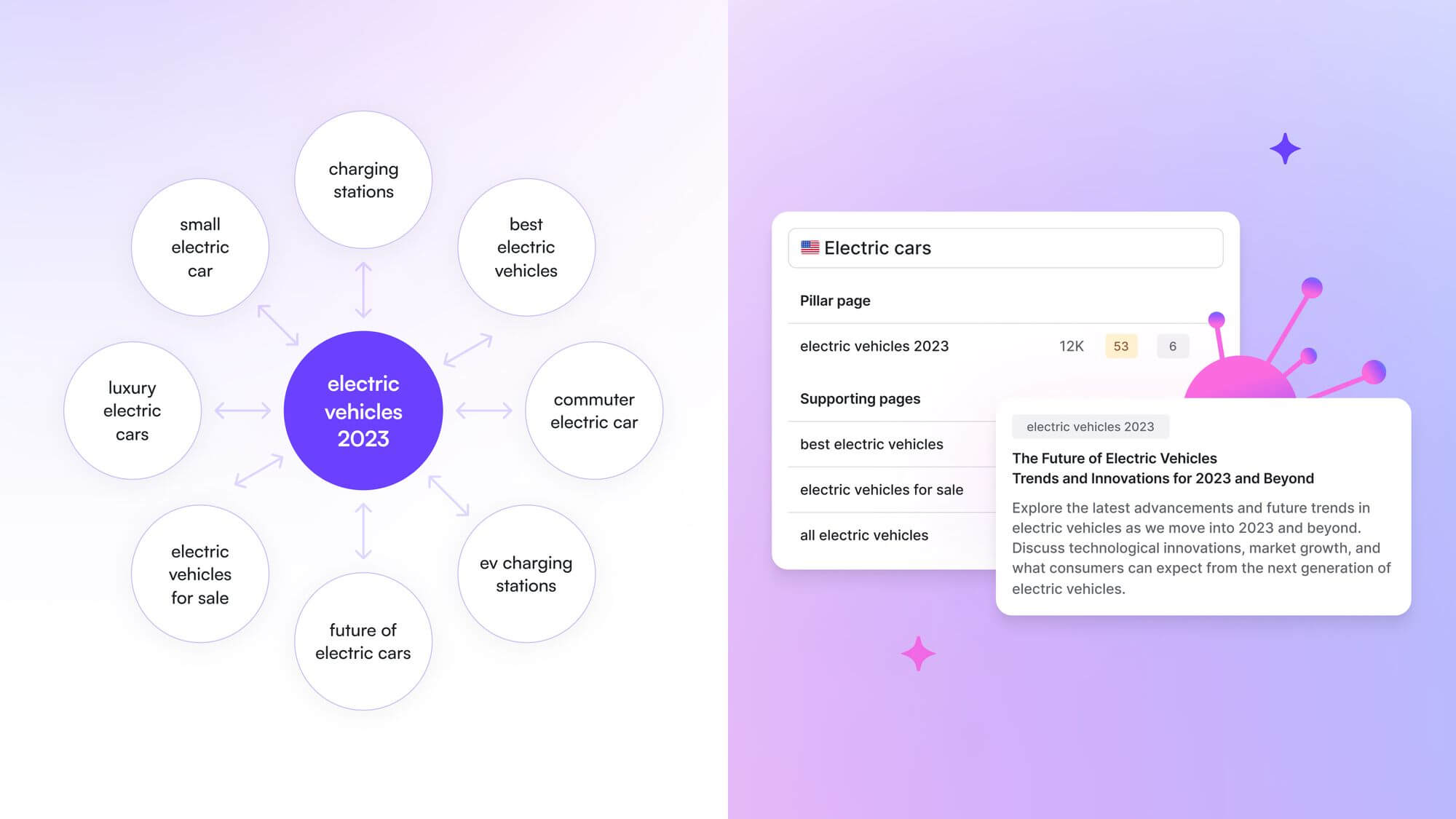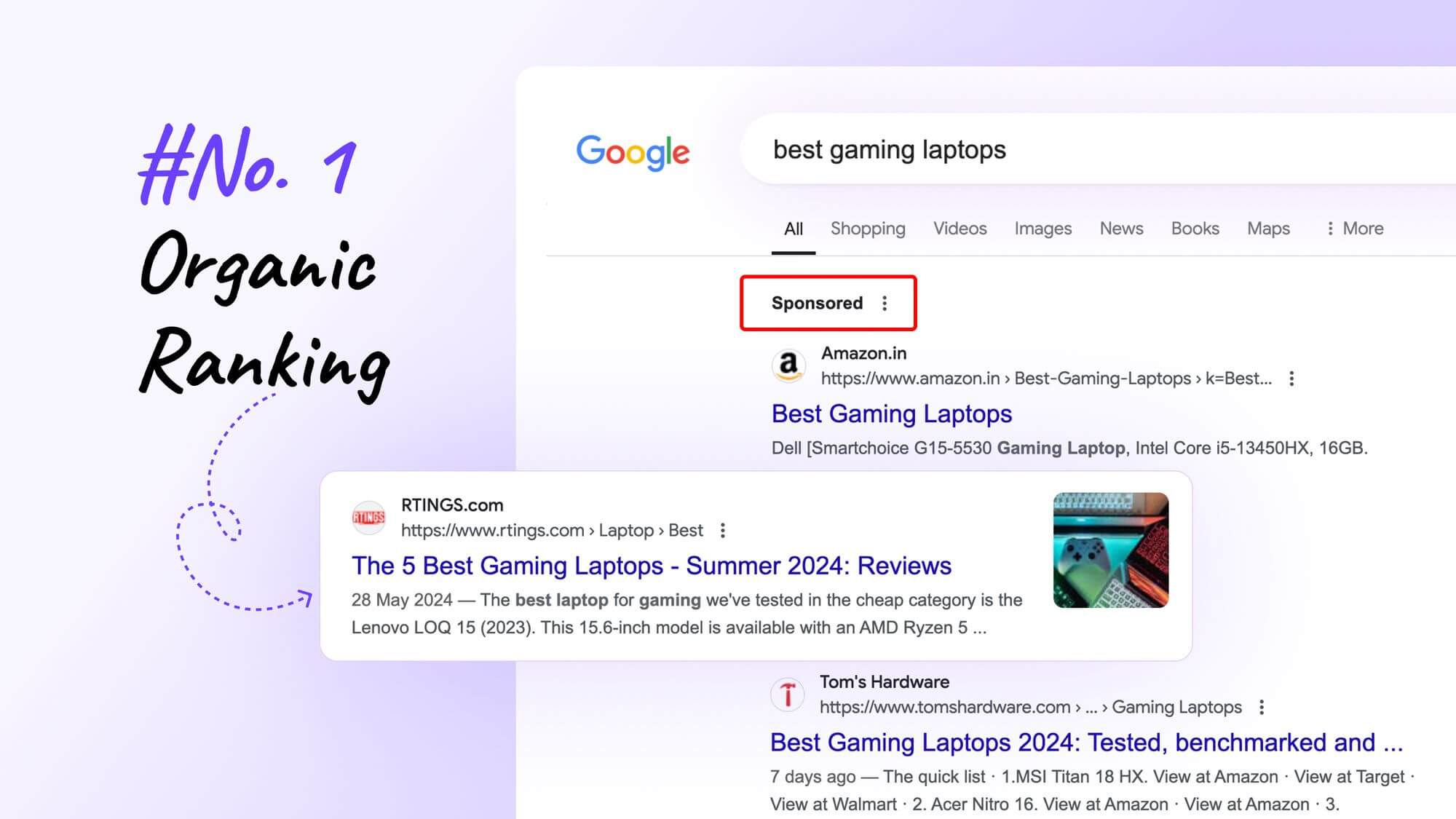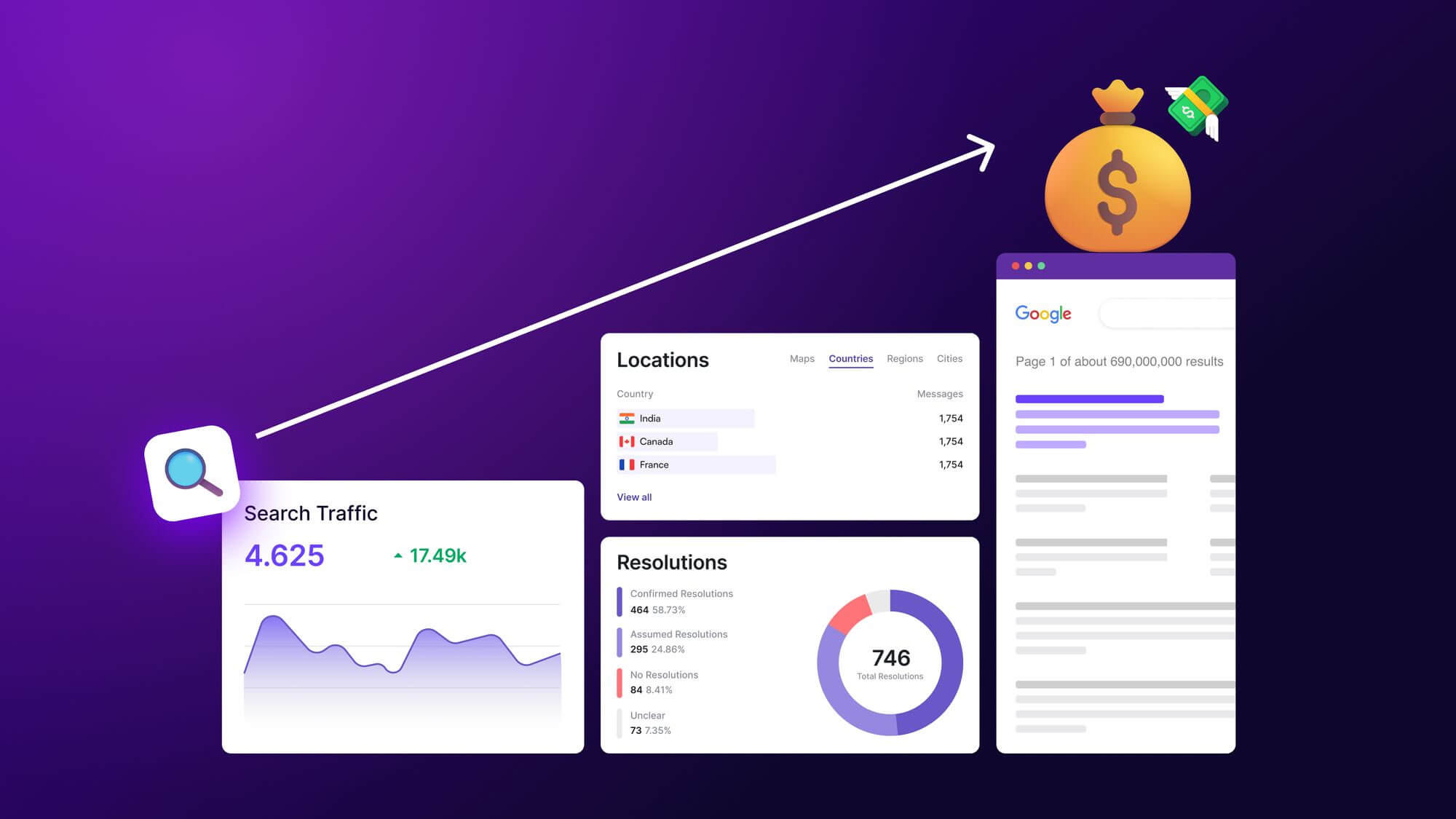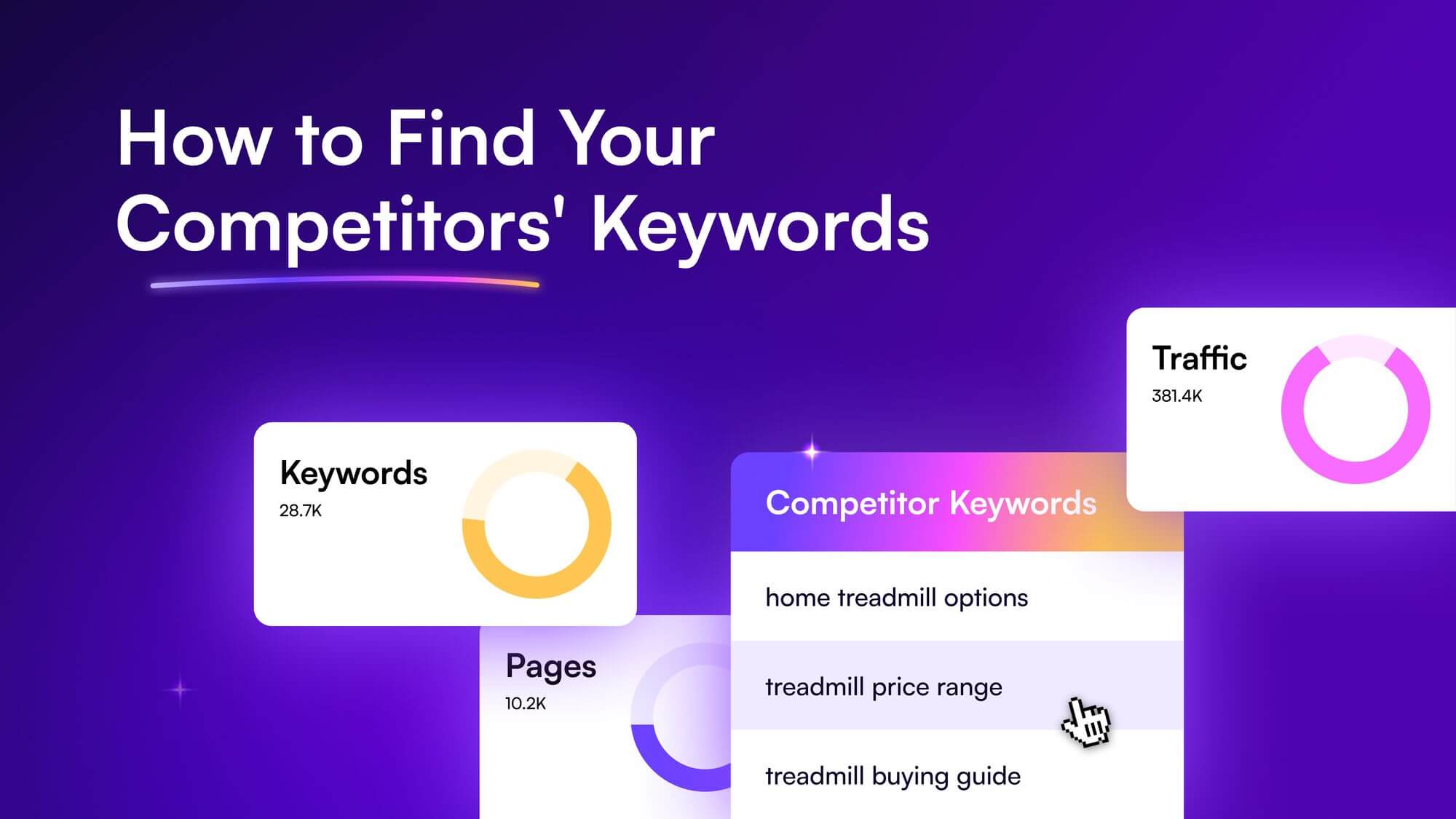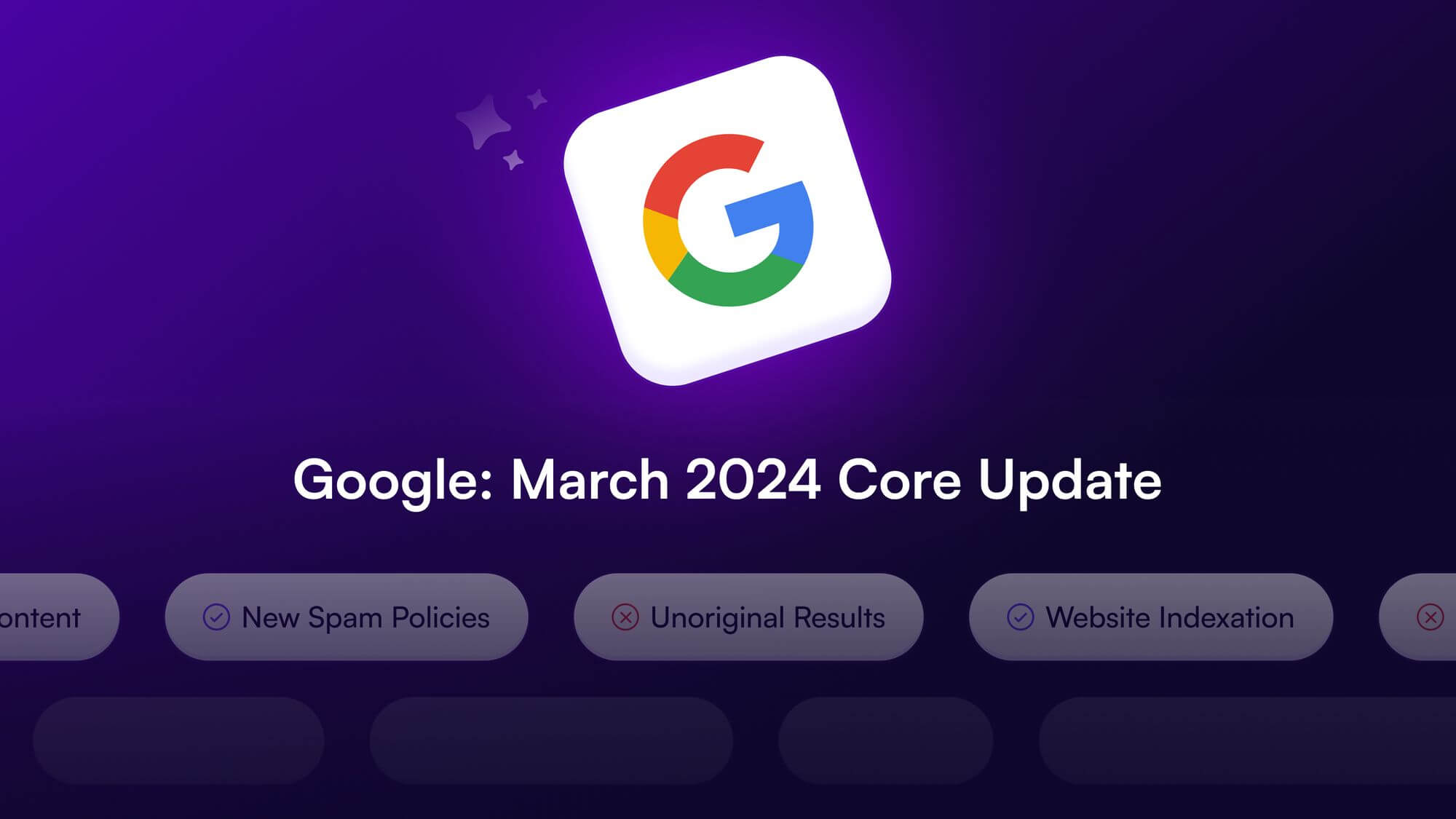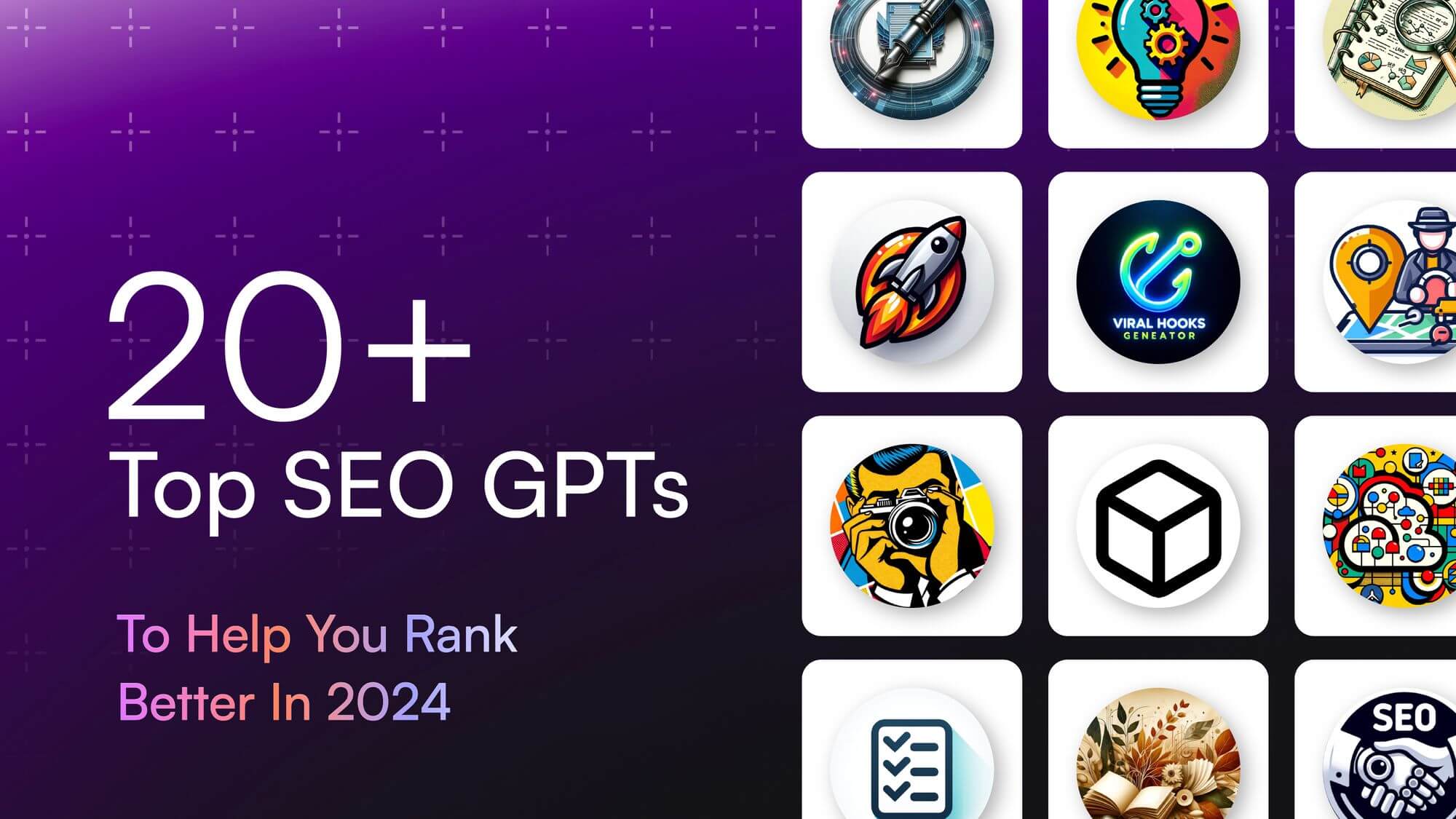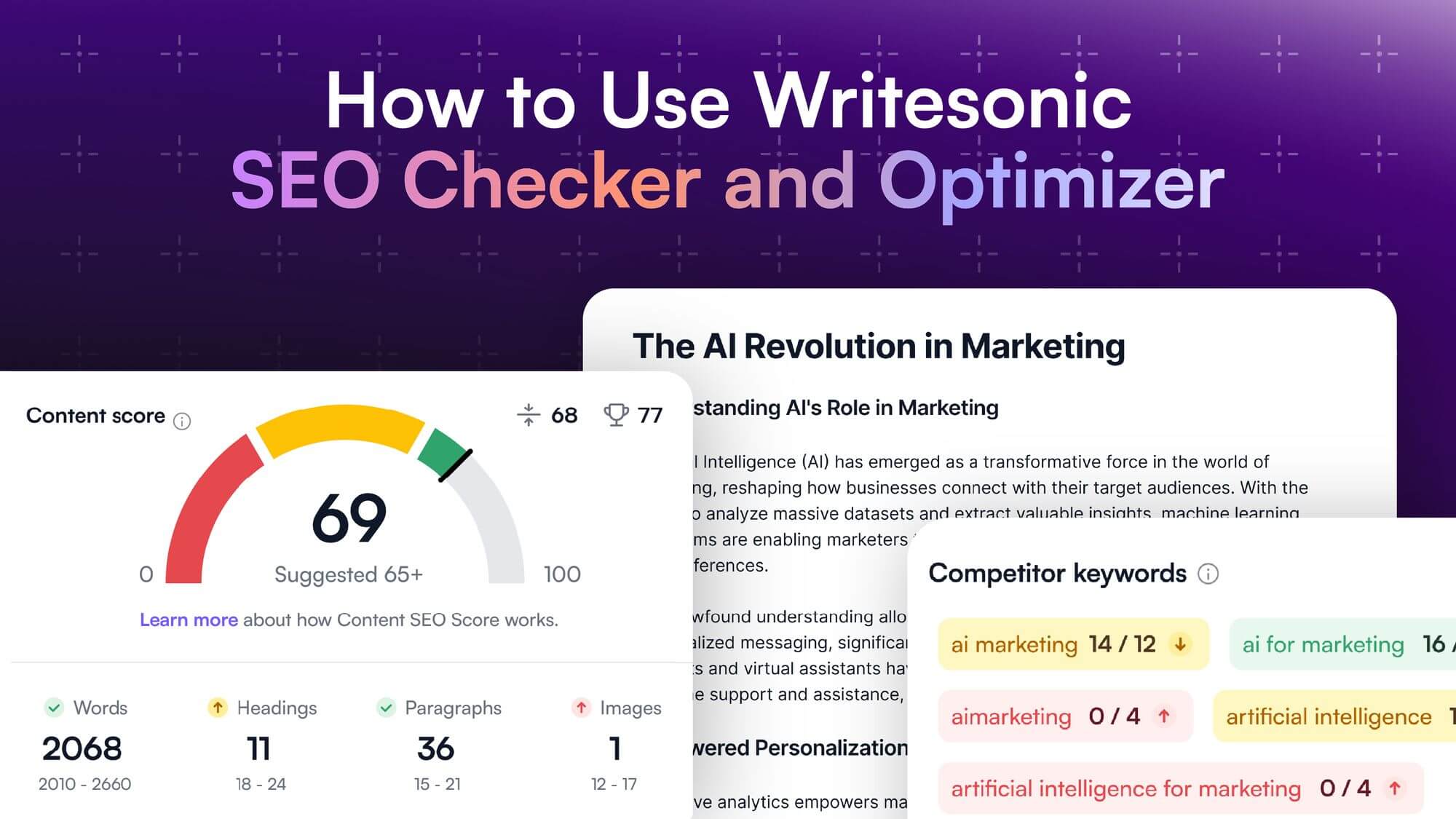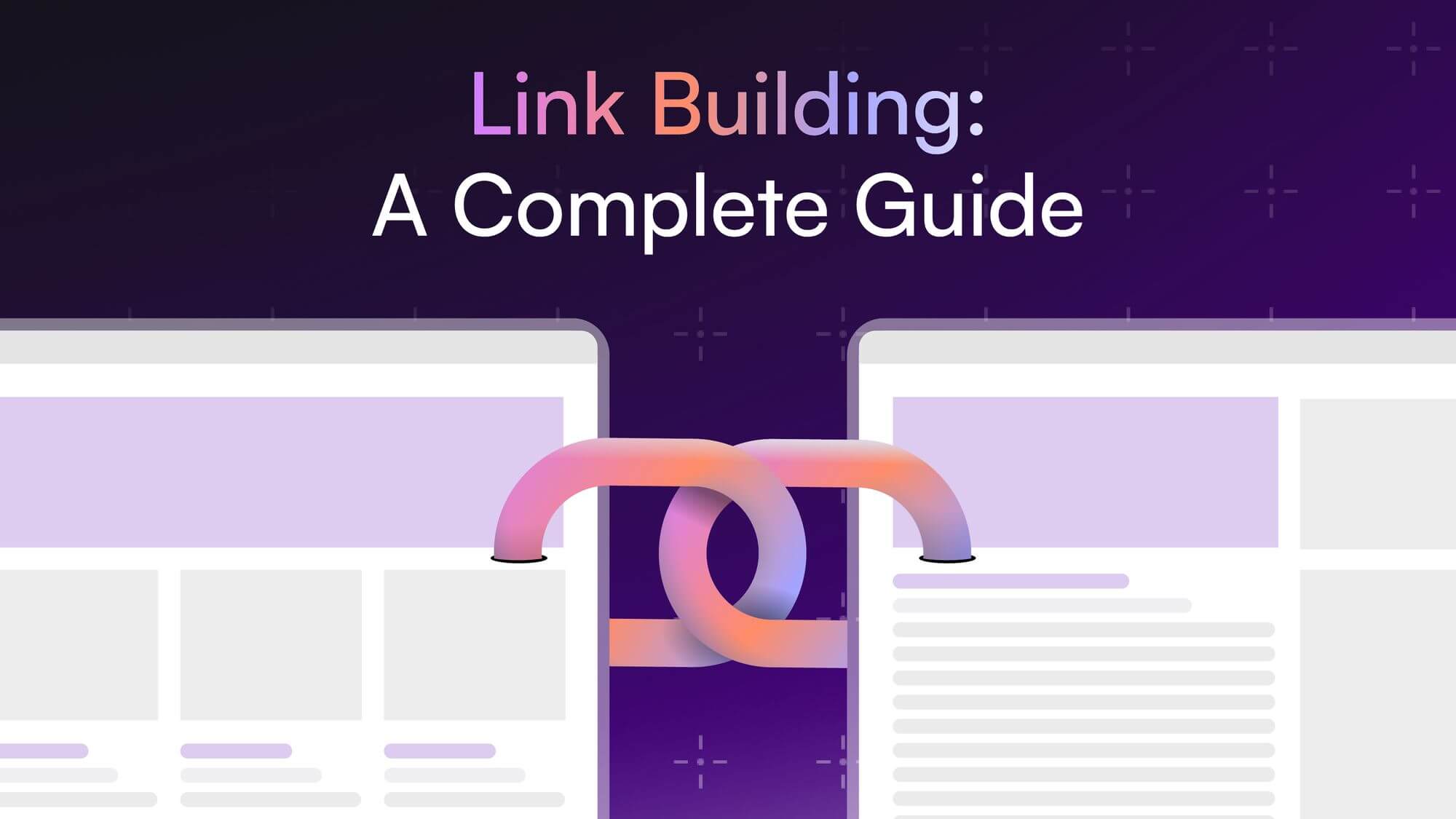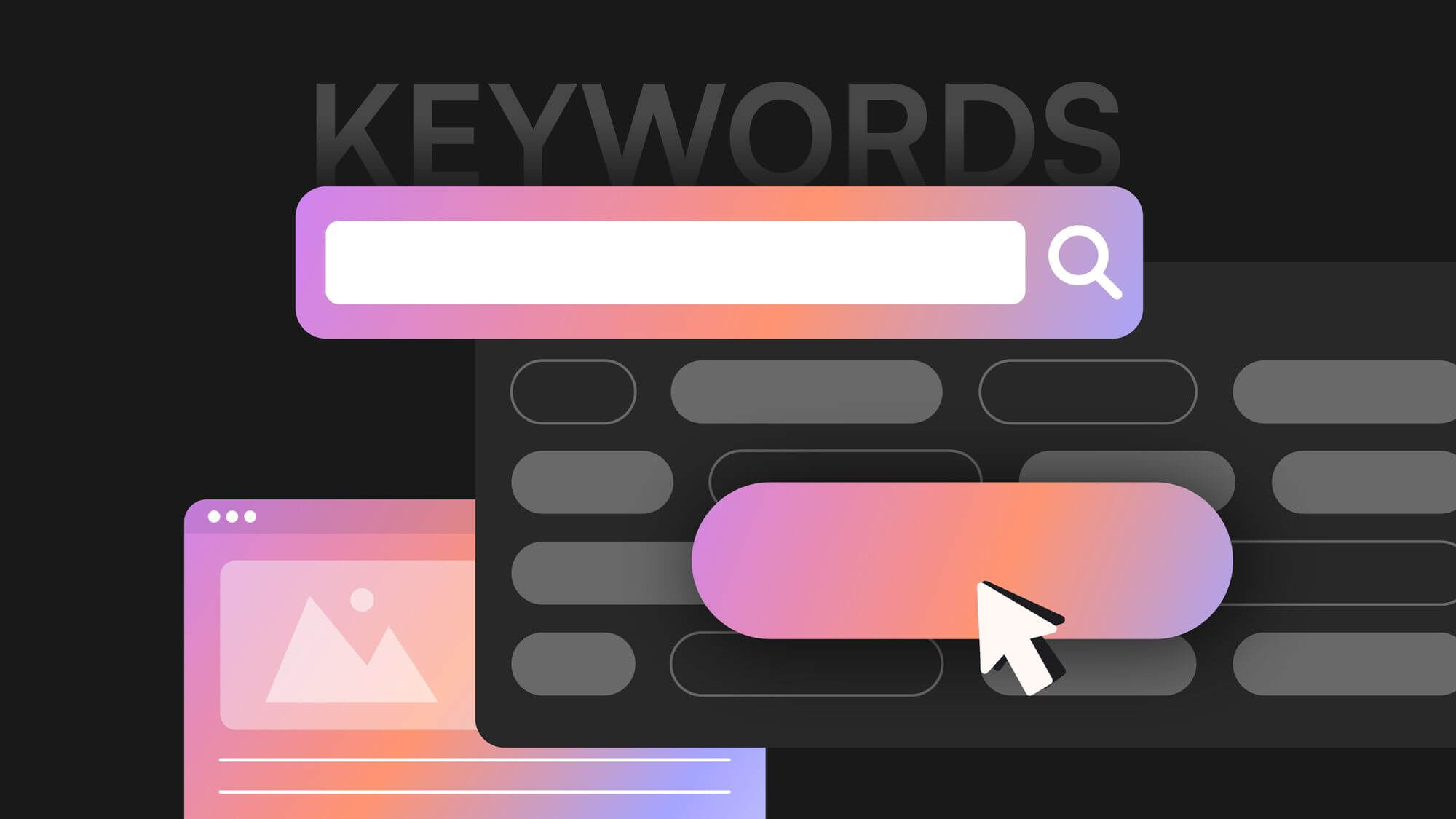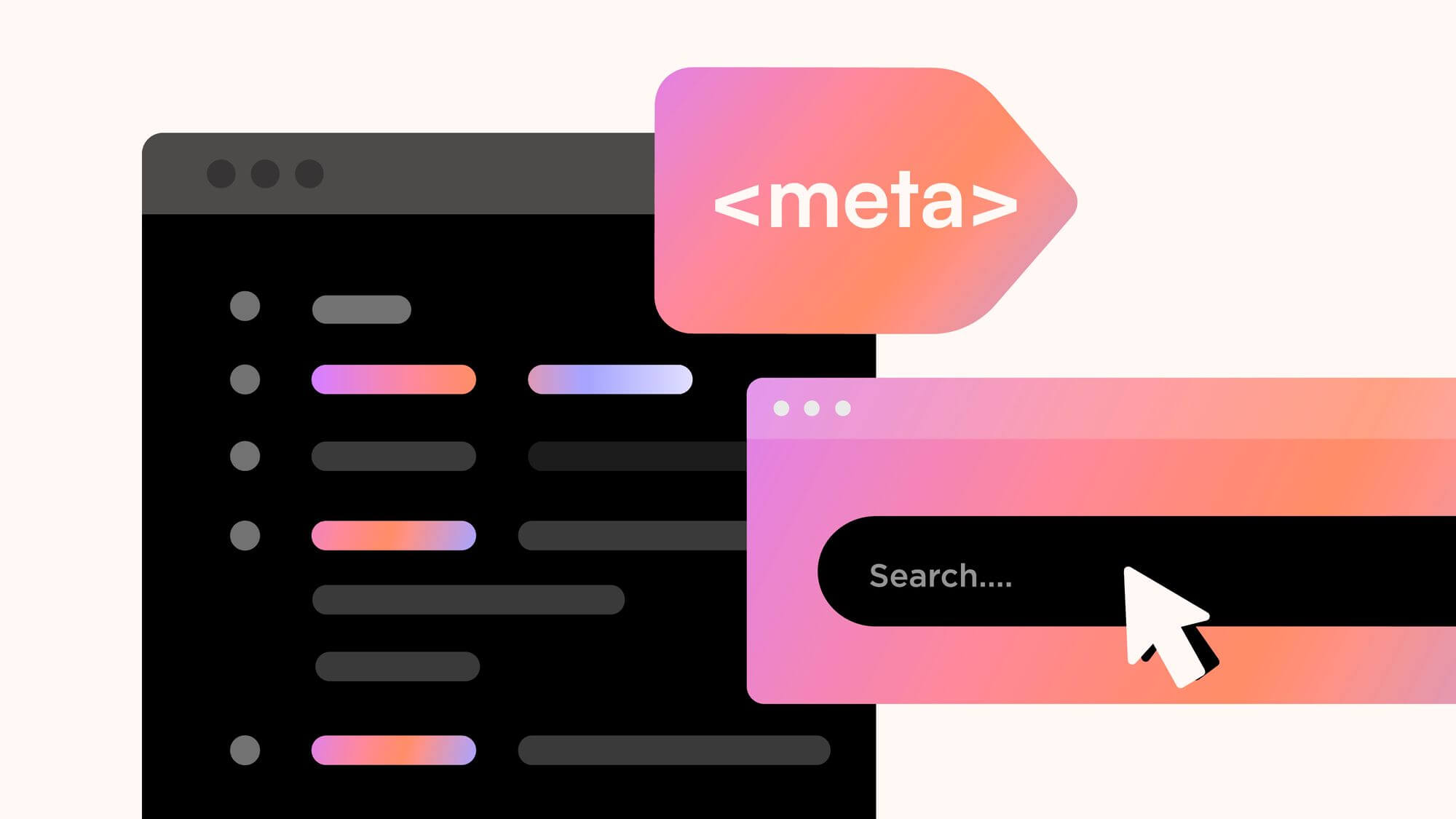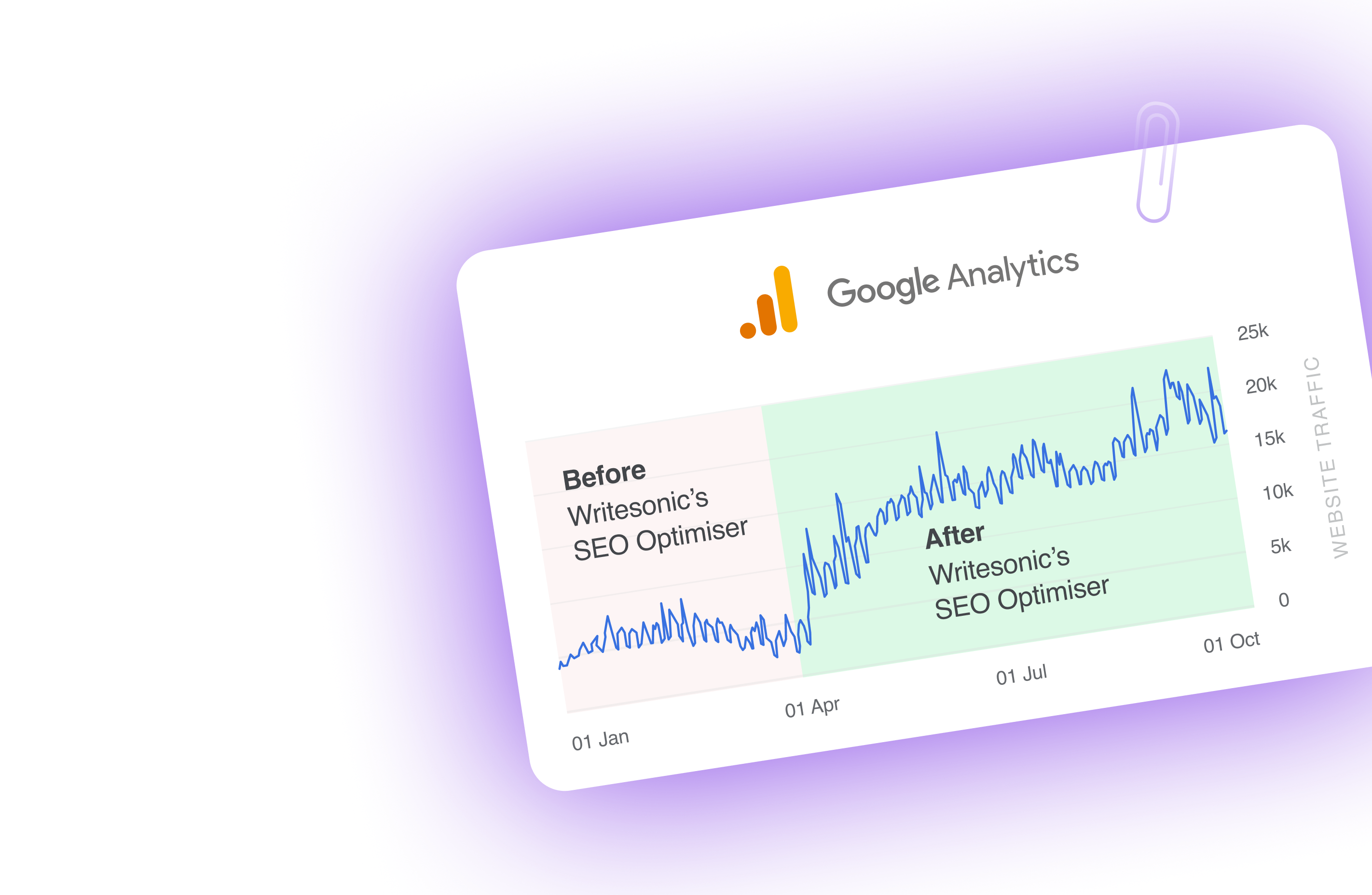Are you using AI for SEO optimization yet? If not, you should.
In the past few years, AI has changed both how we search and how we optimize content for search. People are turning to ChatGPT and other AI tools to look for answers, and Google itself has started displaying “AI overviews.”
With the search landscape changing so drastically if you’re still using the same old tools to optimize your content, you’re not just losing time and money, but also missing out on a more refined SEO approach. Traditional SEO requires manual keyword research, content optimization, and data analysis — processes that take expertise and effort. But with AI, these tasks become smarter and more automated.
AI-powered tools like Chatsonic can analyze massive amounts of data, uncover insights instantly, and help you optimize content for better rankings.
In this article, we’ll discuss 4 ways of using AI for SEO optimization to improve search visibility and performance.
But first, let’s learn how the search giant Google uses AI to rank content.
How Google Uses AI to Scan and Rank Content
Google’s AI-driven algorithms, including RankBrain, BERT, and MUM, have significantly improved search result accuracy and content ranking mechanisms. These advanced AI models interpret search intent, analyze content quality, and rank pages accordingly based on relevance, credibility, and user engagement.
- RankBrain: This AI system refines search results by interpreting user behavior and learning from past interactions. RankBrain helps Google understand ambiguous or complex search queries by using machine learning to predict user intent.
- BERT (Bidirectional Encoder Representations from Transformers): BERT helps Google analyze the context of words in a sentence, leading to better comprehension of long-tail and conversational queries. This has shifted SEO from a strict keyword focus to a more natural, human-like content approach.
- MUM (Multitask Unified Model): MUM is even more powerful than BERT, capable of understanding images, videos, and multiple languages. This advancement has made multimedia content an essential part of SEO strategies.
This means that you must prioritize search intent and semantic relevance rather than just keywords. You also need to focus on making the content user-friendly and valuable — something that AI SEO tools can help with.
Not sure how to optimize your content for Google’s AI algorithms? We’ll discuss four ways you can use AI for content optimization below.
Check this detailed article on AI in SEO to learn how artificial intelligence-based tools are changing search engine optimization.
5 Ways to Use AI for SEO Optimization
AI-powered tools help with SEO workflows by automating repetitive tasks and providing deep insights into keyword trends, competitor strategies, and backlink opportunities. You can conduct predictive analysis, receive content optimization suggestions in real-time, and automate tedious processes such as internal linking and meta tag generation — without the time or expertise you would have required before.
With AI for SEO optimization tools, you can:
- Automate keyword clustering to group related terms and suggest topic ideas.
- Get real-time content recommendations that align with user intent.
- Conduct predictive analytics to forecast trends and optimize content before competitors do.
Take Chatsonic, for example. Chatsonic is an SEO AI agent that streamlines SEO workflows by automating tasks like keyword clustering and content audits. You can write content, create reports, or analyze your SEO performance using simple prompts, instead of spending hours juggling between multiple tools.
Learn more about Chatsonic and how it can help with AI SEO optimization through our detailed guide.
While this is a single example, you can simplify hundreds of search engine optimization tasks by using AI for SEO optimization. Here are a few examples:
AI-Powered Keyword Research and Topic Clustering
Say you’re using a usual SEO tool to conduct your keyword research. You enter a broad keyword, skim through a list of terms to find relevant keywords that have the right difficulty and volume, and then skim some more to find related terms, user queries, and semantic keywords.
But with AI-powered SEO tools, you can do the same process in a few minutes. These tools are capable of processing massive amounts of search data and uncovering keyword opportunities within seconds. They analyze search trends, user intent, and competitor performance to suggest keywords that are not only high in search volume but also aligned with your requirements.
You can also go ahead to create topic clusters by asking the AI tools to group related search queries, allowing you to create more comprehensive and authoritative content. AI’s ability to analyze semantic relationships ensures that content covers a subject holistically, improving rankings and engagement.
Here’s an example using Chatsonic. Using the topic clustering feature, you can create comprehensive content pillars that establish topical authority and improve overall site architecture for better SEO performance.
Automated and AI-Enhanced Content Creation
AI is now a natural part of content creation, assisting writers with ideation, readability, and structure. With AI SEO and content writing tools, you can create all types of content — from social media and ad copies to full-fledged blog posts — within a few minutes to a couple hours. Tools like Chatsonic even generate drafts based on SEO-focused prompts, allowing writers to refine content more efficiently.
AI also enhances content personalization by tailoring recommendations based on user behavior and search intent. This leads to improved engagement and conversion rates. These tools can analyze user preferences, ensuring that content is highly relevant and compelling for the target audience.
Chatsonic, for instance, can create personalized content that’s tailored to your brand voice and is also completely SEO optimized.
AI-Powered Content Optimization Beyond Traditional SEO Tools
The best benefit of using AI for SEO optimization is flexibility. It can do any SEO task that you require, going beyond limitations that traditional SEO tools usually have. For example, AI SEO tools can help with:
- Semantic relevance to ensure content aligns with search algorithms.
- User sentiment to tailor content tone and approach.
- Latent semantic indexing (LSI) to uncover related terms that enhance SEO rankings.
Additionally, they can also help with internal linking strategies and ensure content is structured effectively to maximize ranking potential.
For example, with Chatsonic’s AI-driven internal linking suggestions, websites can create a more cohesive and SEO-friendly content structure, improving both user navigation and search engine crawlability.
Real-Time SEO Performance Analysis and Adaptive Optimization
AI-powered analytics tools continuously monitor website performance, offering real-time recommendations for improvement.
AI predicts ranking fluctuations and suggests optimizations to maintain or improve search visibility. Additionally, AI-driven competitor analysis provides valuable insights into successful SEO tactics used by industry leaders.
Chatsonic, for example, can act as a real-time SEO performance analyst by offering instant insights into SEO performance, allowing marketers to make data-driven decisions and adjustments on the fly.
AI for SEO Optimization: Using Chatsonic To Leverage The Power of AI in SEO
AI is transforming SEO, making it smarter, faster, and more efficient. From automating keyword research to optimizing content for AI-driven search overviews, businesses must adapt to stay competitive.
With AI-powered tools like Chatsonic’s SEO AI agent, you can streamline SEO workflows, enhance content visibility, and gain real-time insights to improve rankings effortlessly.
Don’t waste time on manual SEO — let AI do the heavy lifting. Ready to supercharge your search strategy? Try Chatsonic today and experience the future of AI-driven SEO optimization firsthand!

